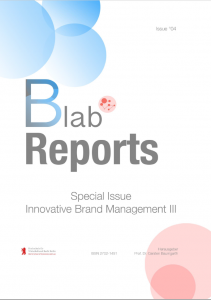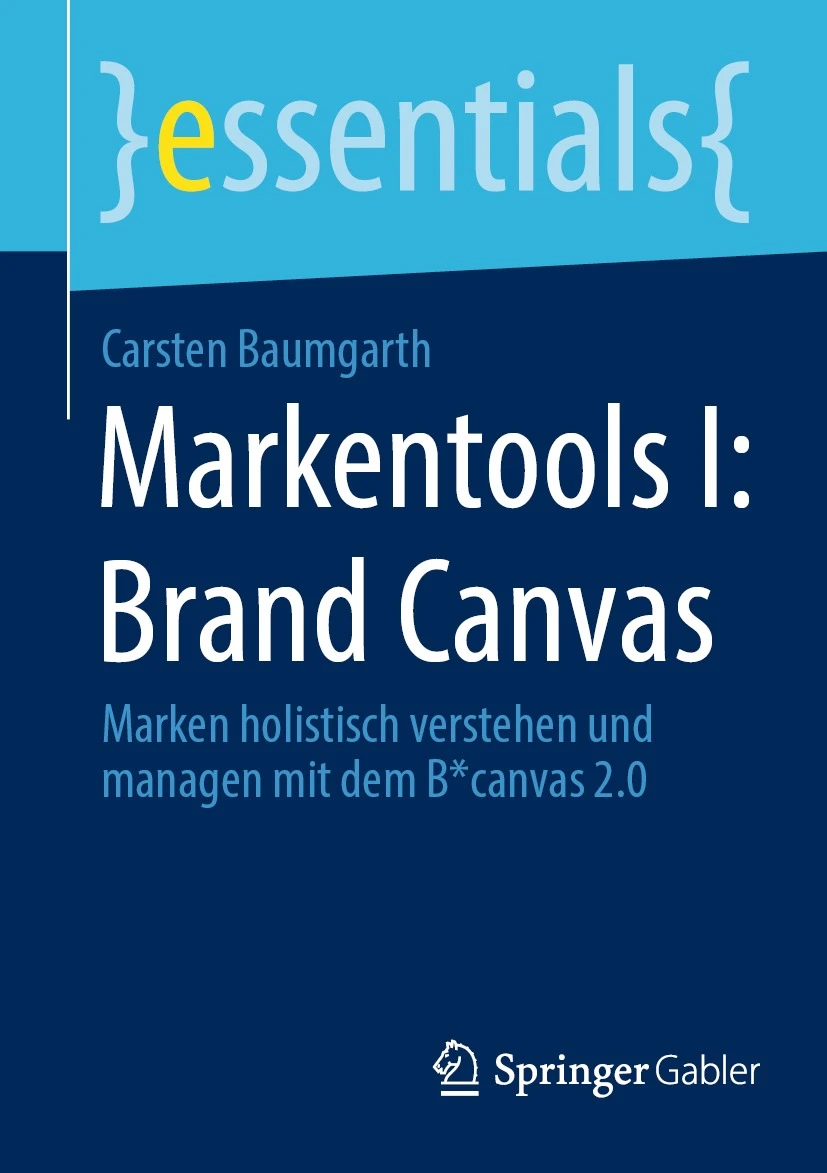Google Scholar
Citations: 6.601; h-Index: 35; i-Index: 91 (last update: November 2025)
ResearchGate
Research Interest Score: 2.435 (> 97 % all RG members: > 98 % all Marketing Researchers on RG) (last update: November 2025)
A list of all publications is available here.
Baumgarth, C. (2025): Marke + Universität = Dreamteam?, markenartikel, 87(11), 82-83.
Göbel, V.; Baumgarth, C. (2025): Brücken bauen zwischen Theorie und Praxis, markenartikel, 87(10), 74 – 76.
Baumgarth, C. (2025): Größe zählt, aber unterschiedlich, markenartikel, 87(10), 72-73.
Baumgarth, C. (2025): Zweischneidiges Schwert, markenartikel, 87(9), 52-53.
Baumgarth, C. (2025): Leichen im Markenkeller, markenartikel, 87(7-8), 60 – 61.
Baumgarth, C. (2025): KI-Augmentierte Markenintelligenz – ohne den Menschen geht es nicht … aber auch nicht ohne KI, in: Real Estate Brand Book 2025, Hrsg.: Steiner, H., digital.
Baumgarth, C. (2025). Eine fast perfekte Verpackung, markenartikel, 87(6), 52-53.
Baumgarth, C.; Boltz, D.-M. (2025): Markentools II – New Brand Sprint, Wiesbaden.
Baumgarth, C. (2025). KI revolutioniert die Kreativität, markenartikel, 87(5), 50-51.
Kirkby, A.; Baumgarth, C.; Henseler, J. (2025): Welcome, new brand colleague! A conceptual framework for efficient and effective human–AI co-creation for creative brand voice. Journal of Brand Management,32(5), 385-399.
Lambrecht, A.; Baumgarth, C.; Henseler, J. (2025): Holistic augmented reality brand equity (HARBE) model: building customer-based brand equity through augmented reality. Journal of Brand Management, 32(4), 298-314.
Baumgarth, C. (2025). Eye Level ist Buy Level, oder? markenartikel, 87(4), 68-69.
Baumgarth, C. (2025). Unbekannte Inhaltsstoffe schmälern den ‘Grünfaktor’. markenartikel, 87(3), 50-51.
Baumgarth, C. (2025). M&As zerstören die Marken-DNA. markenartikel, 87(1-2), 68-69.
Lambrecht, A.; Baumgarth, C. (2025): Exploring the Influence of Dynamic and Self-Referencing Characteristics in Augmented Reality (AR) on Customer-Based Brand Equity: A Study on the Impact of AR Brand Experiences and the Moderating Role of Narcism, in: Froum Markenforschung 2023, Hrsg.: Schmidt, H.; Baumgarth, C.; Redler, J., Wiesbaden, S. 15-33.
Schmidt, H.; Baumgarth, C.; Redler, J. (Hrsg.) (2025): Forum Markenforschung, Wiesbaden.








